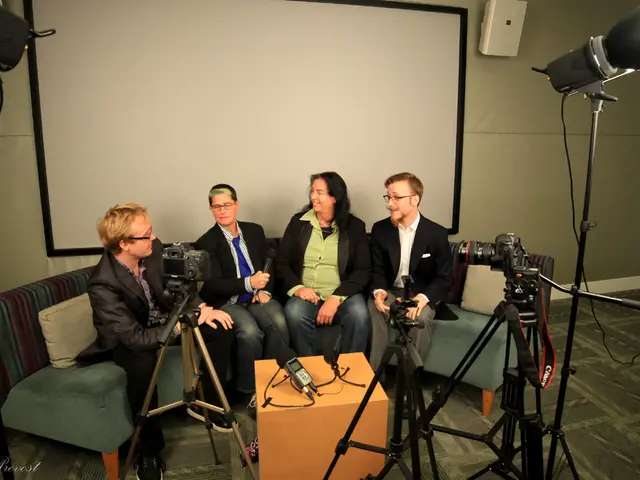Artificial intelligence tools introduced by tech titans announced to boost developers' productivity - however, these advancements are now making their work redundant.
Coding tools have rapidly grown popular in the generative AI boom, with tech giants advertising sky-high productivity and less toil for developers. And who wouldn't be excited about that? After all, research from GitHub showed that developers are flocking to these tools, reaping the benefits of significant time savings in their workweeks and faster development processes.
However, there was a nagging concern about the quality of AI-generated code, but the study mentioned that 90% of U.S.-based developers reported an improvement when using these tools. In fact, it seemed like we were on the cusp of a new golden era in the software industry, all thanks to AI. But alas, reality has proven to be quite the opposite.
Now, the slow drip of AI integration has become a torrential downpour, and developers working on AI tools are beginning to feel the sting. They're facing the bitter irony of being made obsolete by the very platforms and solutions they built. Microsoft, for instance, announced fresh layoffs in May, with a notable amount of workers in software engineering losing their jobs.
It's a twisted turn of events for a company that builds software, cutting developers and engineers at a time when they're needed less due to AI integration. Microsoft CEO Satya Nadella revealed that around 30% of the company's code is now AI-generated, with Google reporting similar statistics. It's safe to say that the era of expansive software engineering divisions is drawing to a close, leaving a skeletal crew to monitor the AI tools that replaced them.
This shouldn't have come as a surprise to developers. After all, warning signs have been popping up left and right in recent years. IBM flagged human resources as an area ripe for automation, while companies have been subtly hinting at headcount reductions to compensate for AI investment. These cutbacks have been conveniently woven under the guise of 'focusing on high-growth areas.'
So where do developers go from here? There's been a glimmer of hope with the potential for upskilling, but it seems unrealistic given that 80% of the workforce is expected to reshape their skills by 2027. The job market is changing, and developers need to adapt fast or face being overwhelmed by the wave of automation.
But here's some good news for those embattled devs: the Gartner report predicts that those best prepared to navigate the AI landscape will be those who adapt and upskill. So if you're a developer, it's time to roll up your sleeves, brush up on your AI knowledge, and shift your focus from coding to system architecture, code review, and AI integration. It's a different ball game, but the stakes are high, and the opportunities are ripe for the taking.
In this rapidly changing technological landscape, the increasing integration of AI in software development is causing worry among developers, who are at risk of being replaced by the very tools they built. To survive and thrive, developers must adapt and upskill, shifting their focus from coding to areas like system architecture, code review, and AI integration.
To ensure a successful transition and stay ahead in this AI-driven era, it's crucial for developers to invest in education-and-self-development and career-development in the field of cybersecurity, leveraging their existing skills to navigate the complexities of technology.








